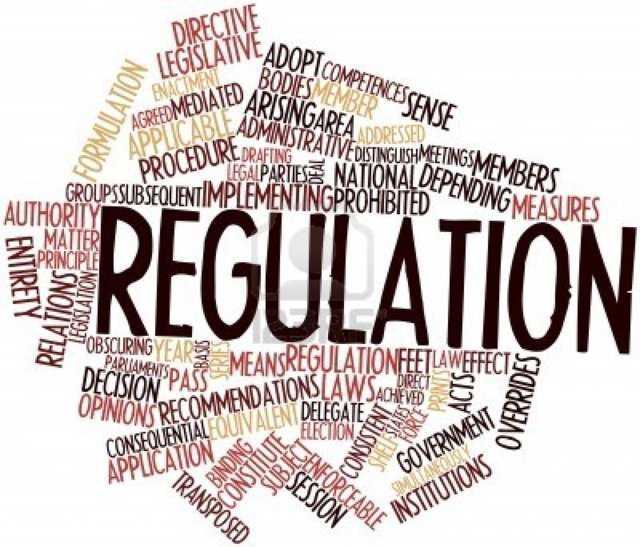Introduction
The world of forex trading can be a labyrinthine maze, fraught with complexities and potential pitfalls. Navigating this realm requires a meticulous understanding of the regulatory landscape, which serves as a compass guiding traders towards safe and secure ventures. This article delves into the intricacies of regulated vs. unregulated forex brokers, empowering traders with the knowledge to make informed decisions that safeguard their financial well-being.

Image: www.binaryoptionstested.com
Regulated Forex Brokers: A Bastion of Trust and Protection
Regulated forex brokers operate under the watchful eye of esteemed financial authorities, such as the Financial Conduct Authority (FCA) in the United Kingdom and the National Futures Association (NFA) in the United States. These regulatory bodies impose stringent rules and regulations upon brokers, ensuring they adhere to ethical practices and maintain high standards of conduct. By choosing regulated brokers, traders gain access to a plethora of safeguards, including:
- Protection Against Fraud: Regulators demand that brokers implement robust anti-fraud measures to shield clients from unscrupulous actors.
- Segregation of Funds: Regulated brokers are obligated to maintain stringent segregated accounts for client funds, safeguarding them from the broker’s operational expenses.
- Complaint Handling Mechanisms: Should any disputes arise, traders can seek impartial redress through the regulatory body’s dedicated complaint handling procedures.
Unregulated Forex Brokers: A Potential Minefield of Risks
In contrast to their regulated counterparts, unregulated forex brokers operate outside the realm of regulatory oversight. This lack of supervision creates a fertile ground for potential pitfalls and risks, such as:
- Unverified Brokerage Practices: Without regulatory scrutiny, unregulated brokers may engage in dubious practices, such as market manipulation or hidden fees, to increase their profits.
- Increased Risk of Fraud: The absence of regulatory oversight allows rogue brokers to operate with impunity, making traders more susceptible to scams and financial losses.
- Limited Legal Recourse: In the event of disputes, traders have limited legal recourse against unregulated brokers, making it exceedingly difficult to recover lost funds.
Weighing the Pros and Cons
To make an informed decision, traders must carefully consider the advantages and disadvantages of both regulated and unregulated forex brokers:

Image: topforexbrokers.net
Regulated Forex Brokers
Pros:
- Enhanced security and protection for traders
- Assurance of fair and transparent trading practices
- Established dispute resolution mechanisms
Cons:
- May charge higher fees and commissions due to regulatory compliance
Unregulated Forex Brokers
Pros:
- Potentially lower trading costs due to reduced regulatory expenses
- Greater flexibility in trading conditions and instruments
Cons:
- Higher risk of fraud and unethical practices
- Limited or non-existent regulatory oversight
- Diminished legal protections in case of disputes
Regulated Vs Unregulated Forex Brokers
https://youtube.com/watch?v=J0YbpWfJzSg
Conclusion
Choosing between regulated and unregulated forex brokers hinges upon the individual trader’s risk tolerance and the desired level of protection. Regulated brokers provide peace of mind, enhanced security, and a framework for resolving disputes. However, unregulated brokers may offer lower trading costs and greater flexibility, albeit with significantly elevated risks. Ultimately, traders should conduct thorough research, due diligence, and seek professional advice if necessary before entrusting their hard-earned funds to any forex broker.
By arming themselves with knowledge and understanding the intricacies of the forex market, traders can navigate the complexities of regulated vs. unregulated brokers with confidence, paving the way towards successful and rewarding trading endeavors.






